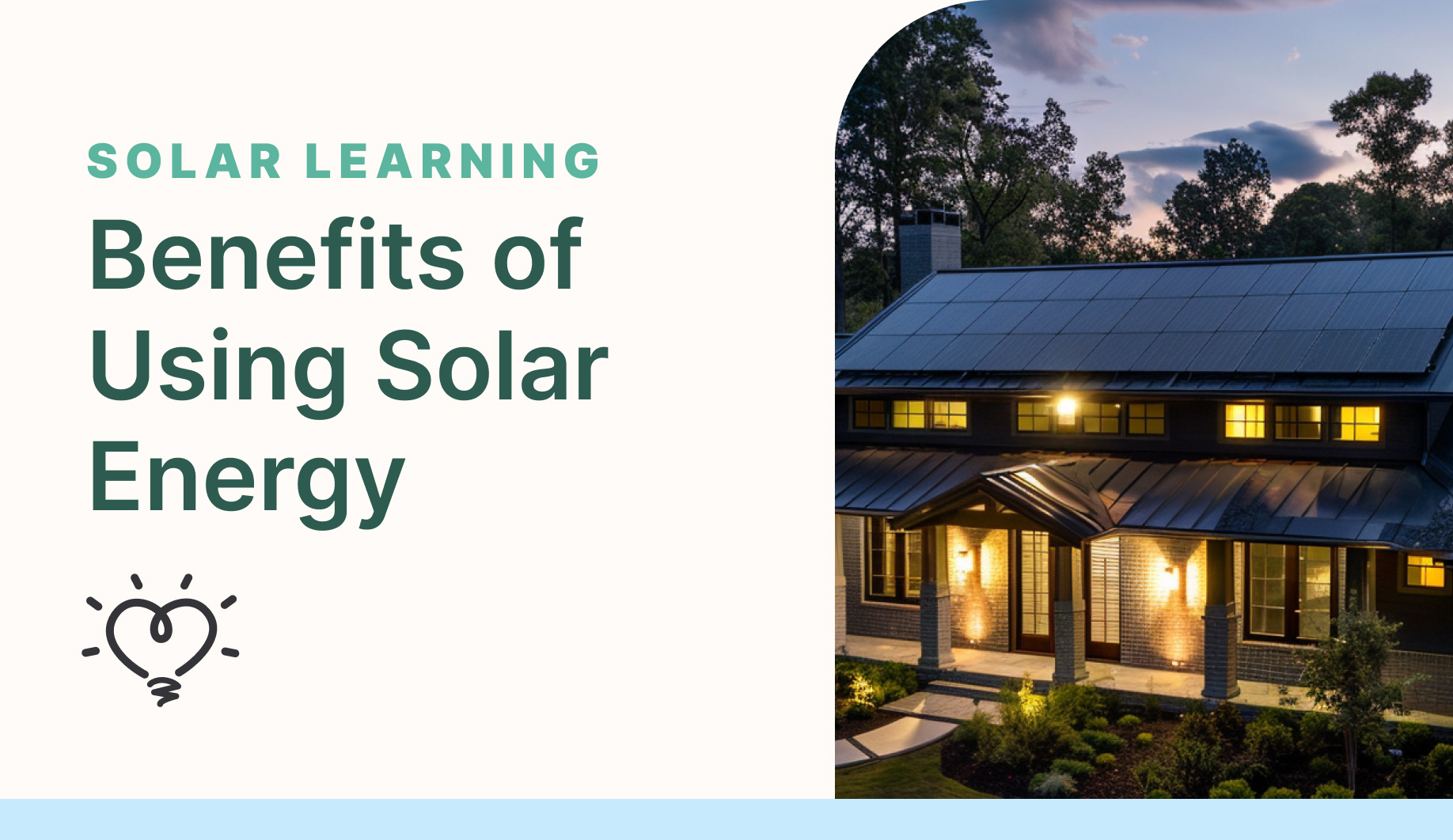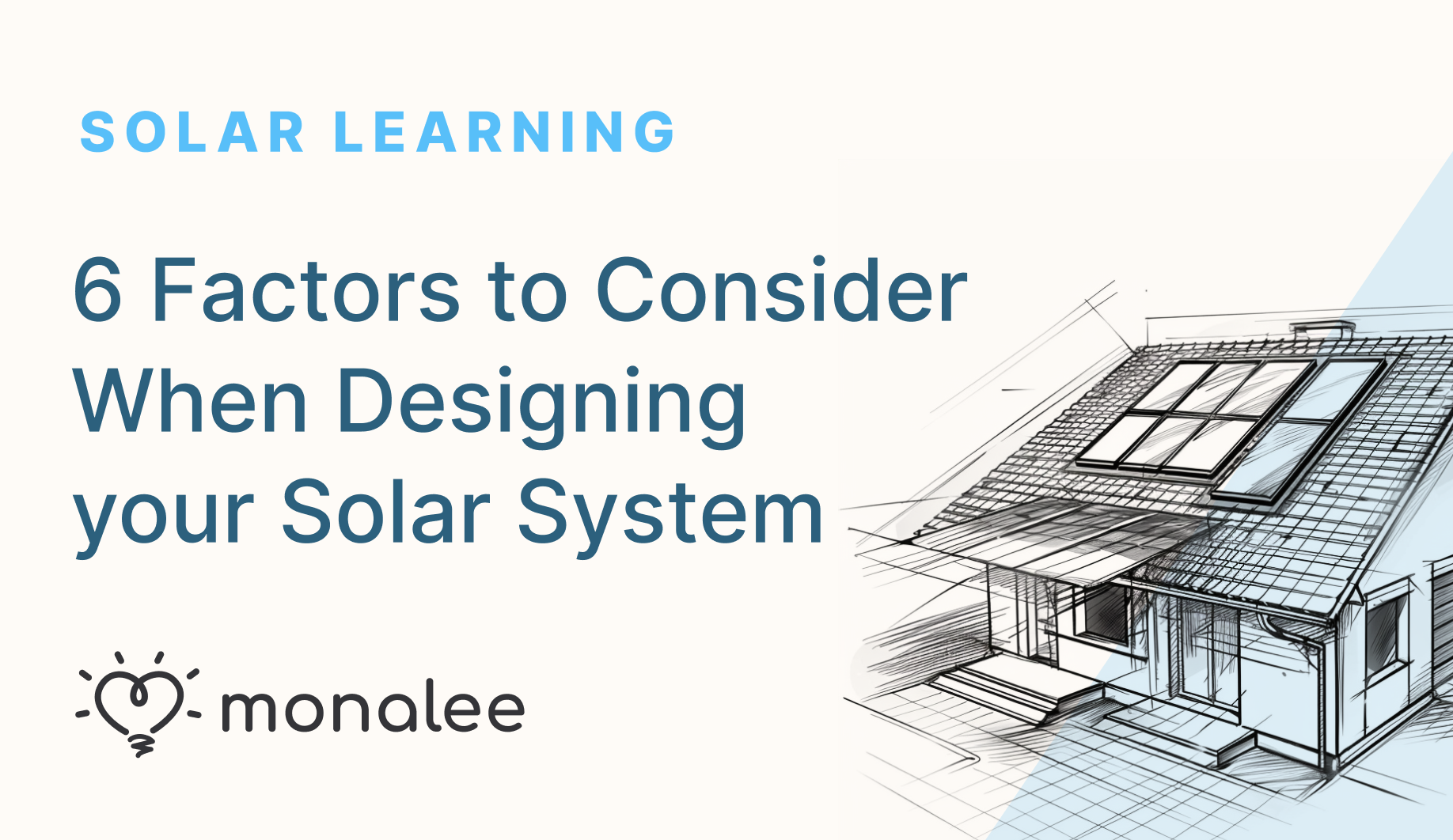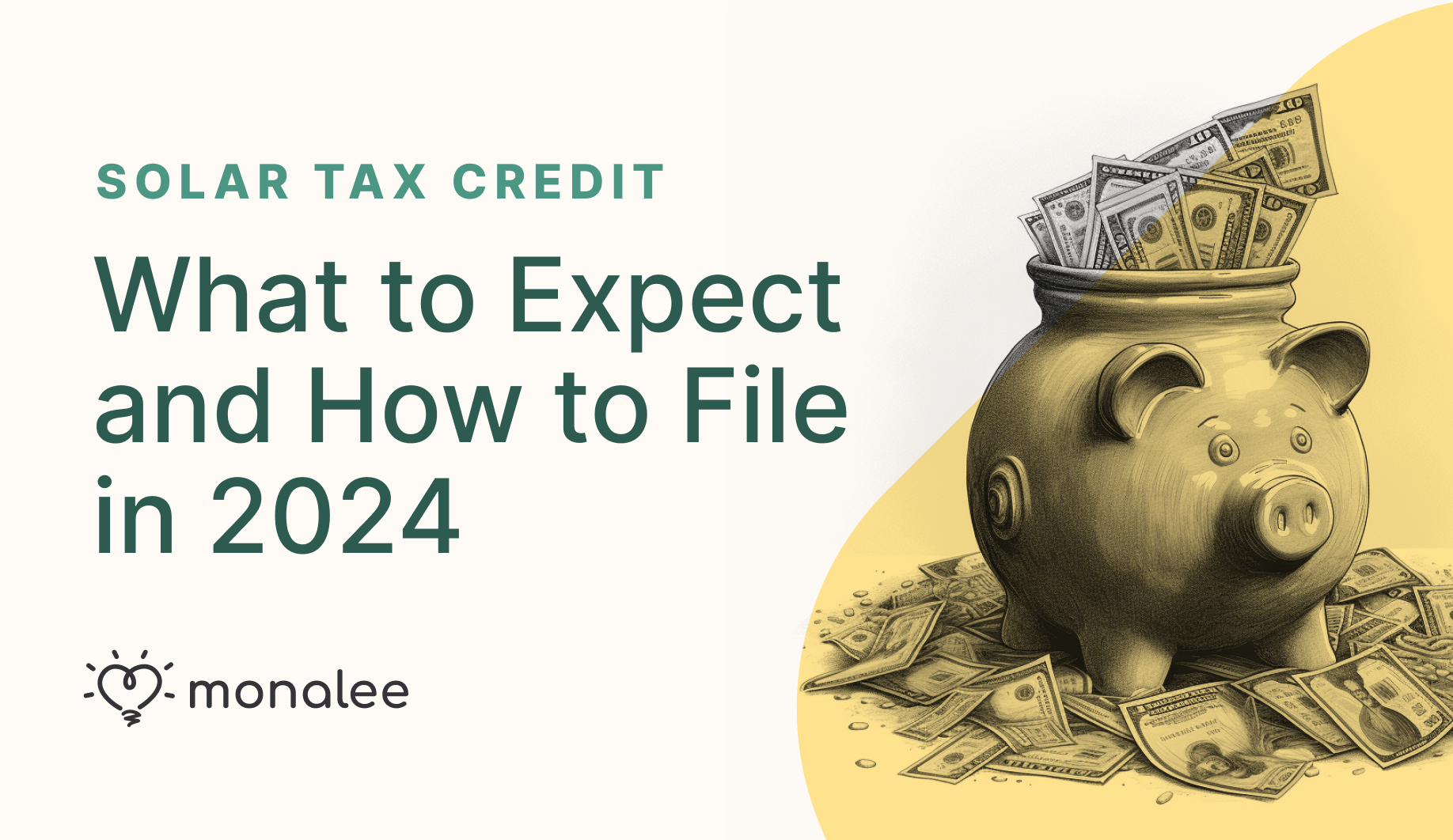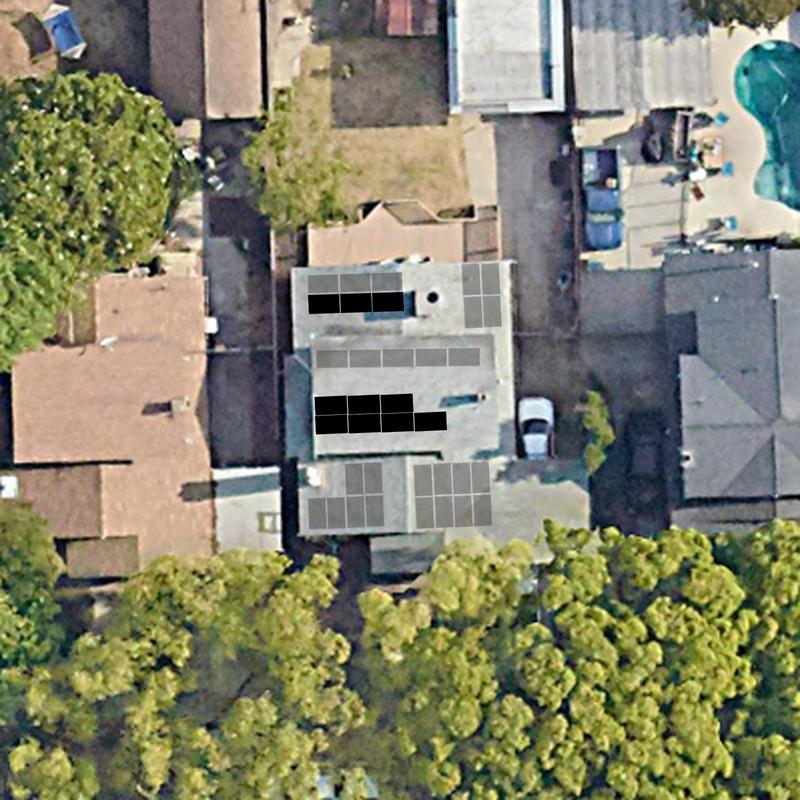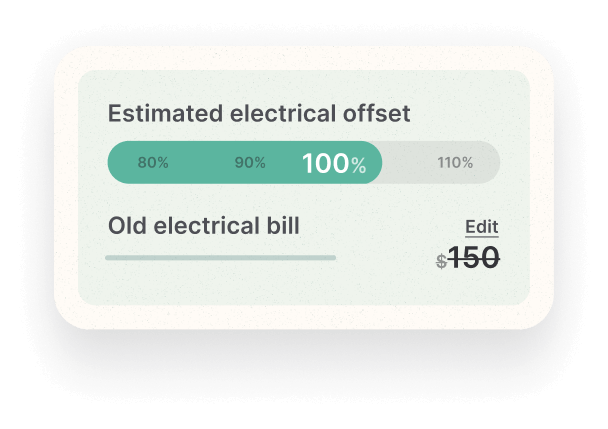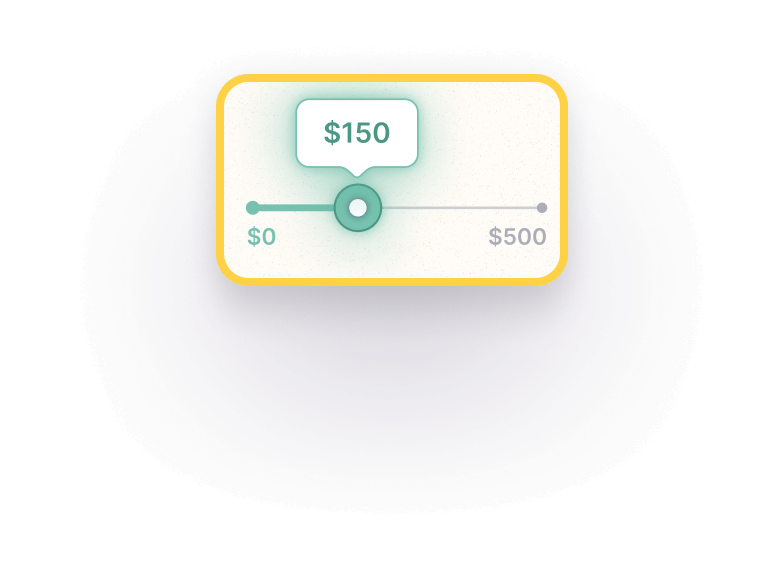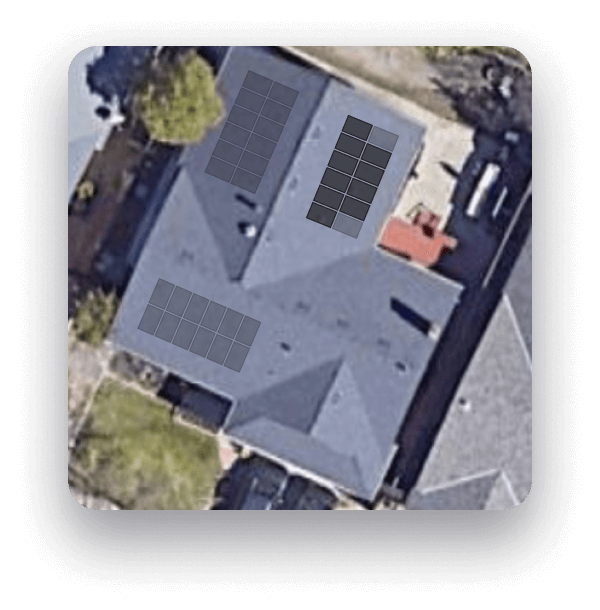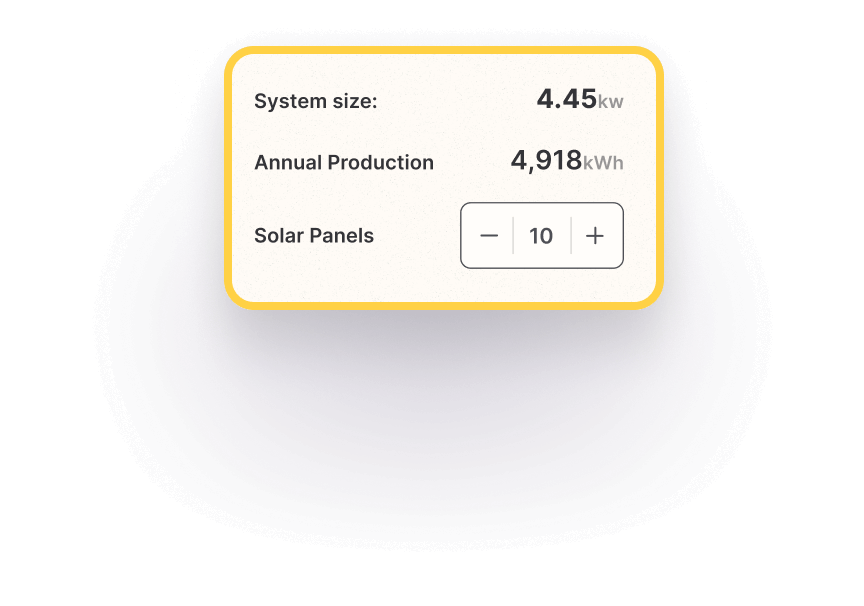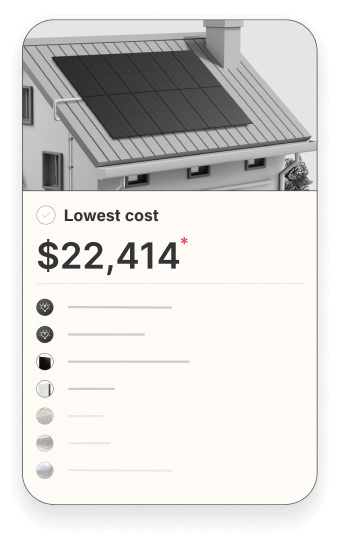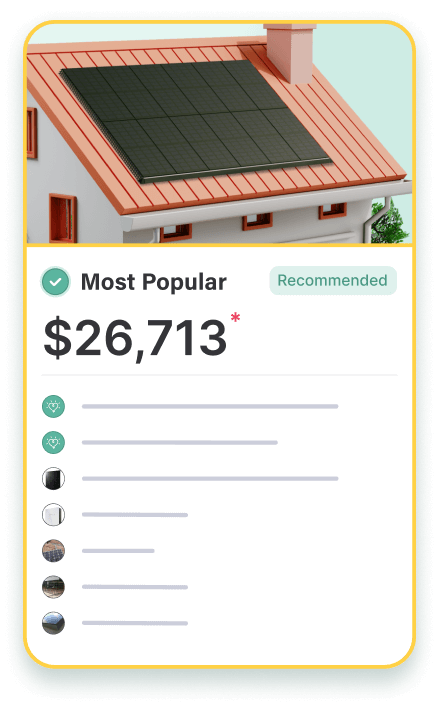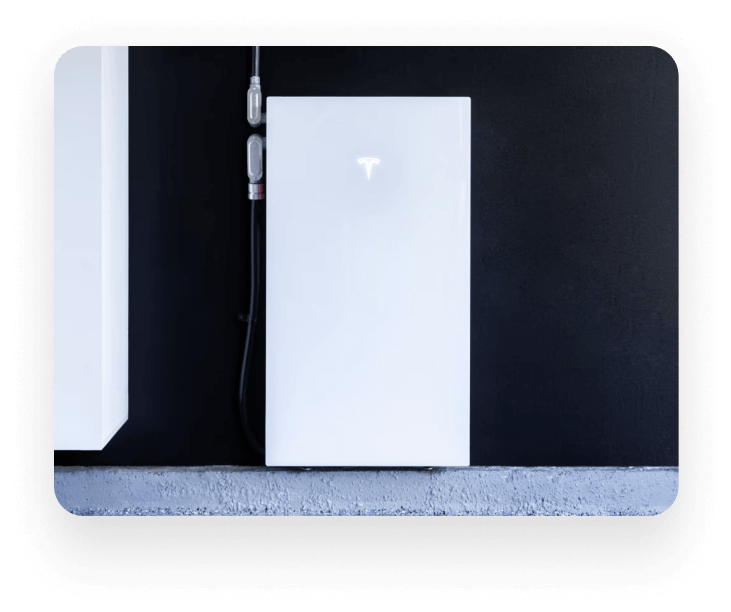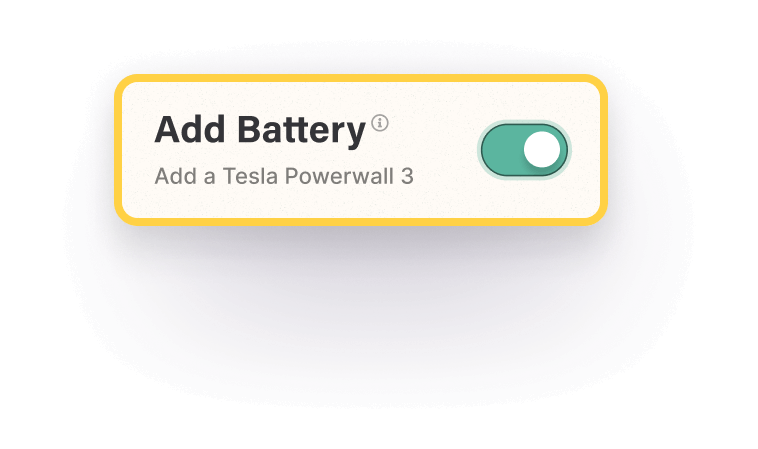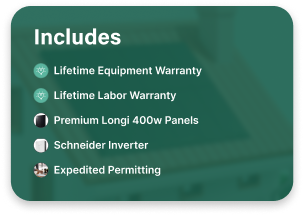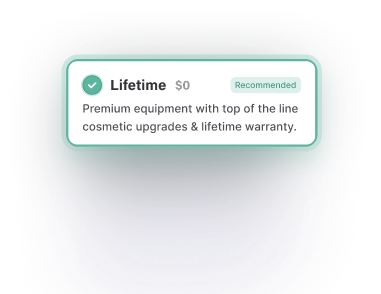Going solar comes with significant benefits for both homeowners and the planet. Here's what to think about if you're considering the switch.
More homeowners are switching to renewable energy as they realize the importance of going green (and saving some green). As of 2024, 4.2 million American households are generating their own power using solar energy—that’s nearly 5% of all single-family homes nationwide!
Solar energy used to be a luxury for the average homeowner, but it’s become more reliable and cost-effective with its growth. After all, the sun is the earth’s most plentiful source of energy. Going solar has many advantages that go beyond energy and financial savings, and certainly outweighs any misconceptions about solar you may have heard.
Here are the top advantages to keep in mind when it comes to going solar.
What are the benefits of going solar?
Lower electrical bills
One of the main benefits of going solar for homeowners is saving on monthly utility bills. According to the U.S. Energy Information Administration (EIA), the average electric bill in the United States is $141.41, which is based on the typical monthly energy usage in the U.S. (899 kWh) and the average electricity rate in December 2023 (15.73 cents per kWh).

With Monalee, we can secure your solar systems at half the price compared to the top traditional solar companies. Depending on factors like local grid prices, number, efficiency and type of panels, climate, household energy usage, and net metering, you could save roughly $20,000 to $96,000 during the lifespan of your solar system.
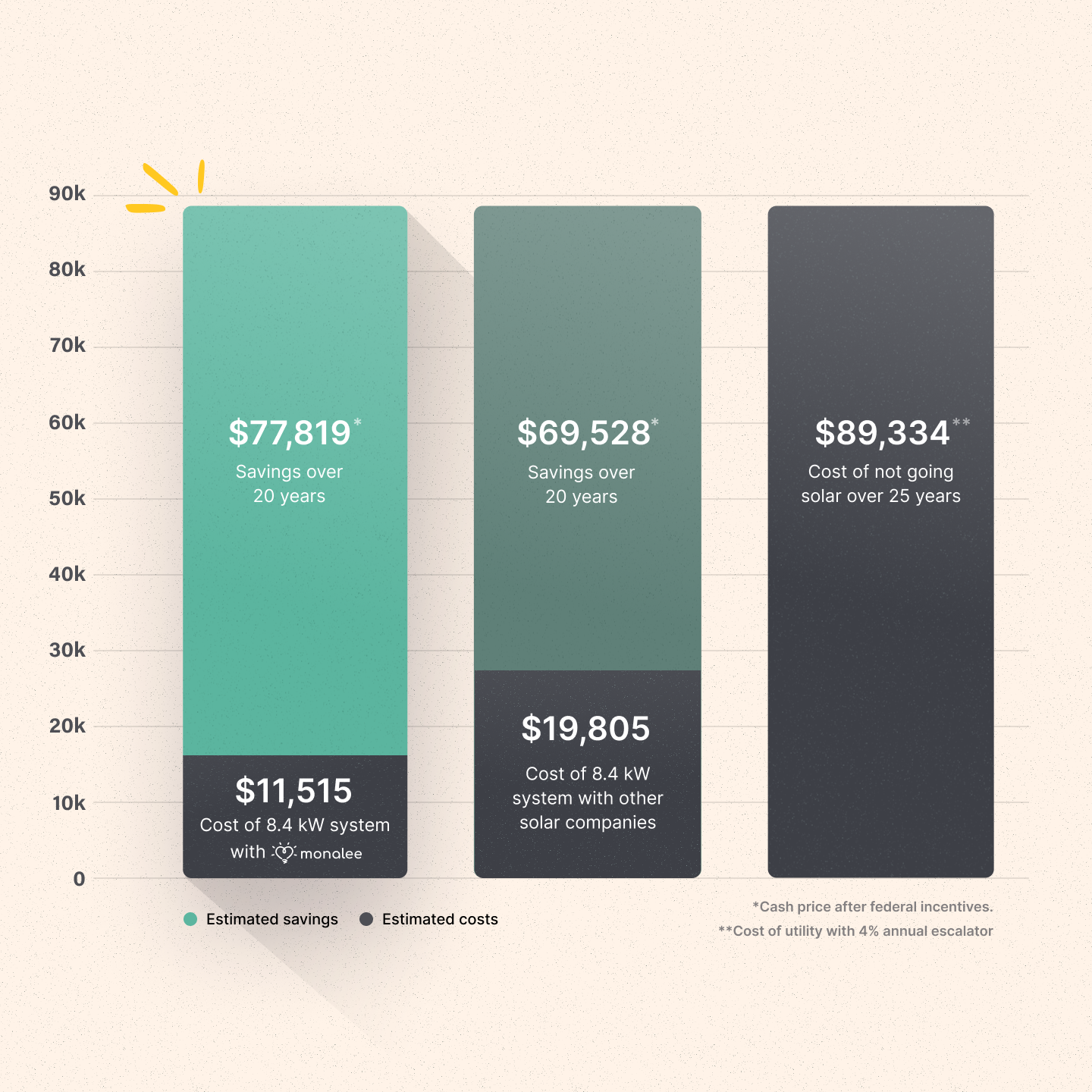
Great return on investment (ROI)
Solar panels may cost a lot at first, but they eventually pay for themselves. Alongside energy bill savings come other financial incentives:
Solar Payback Period
If you choose to not finance and instead pay the full cost upfront, you can become ROI positive—known as your payback period—after just 4 to 6 years.
Federal Investment Tax Credit (ITC)
The federal solar tax credit aims to encourage homeowners to invest in renewable solar energy. In 2022, Congress passed the Inflation Reduction Act, which extended the solar tax credit timeline to 2035 and increased the credit amount from 22% to 30% through 2032.
The ITC covers the following: solar panels or PV cells, solar water heaters, energy storage devices with a capacity of 3 kWh or more, contractor labor expenses, permit fees, inspection costs, and developer fees.
Net Metering
Net metering lets you sell your excess energy to the grid in exchange for credit, which helps decrease the price of your electric bills. A great way to give and get some green.
Rebates
Some utility companies and state governments offer rebates for homeowners with solar panels, another great incentive to help you pay them off.
Solar Renewable Energy Credits (SRECs)
Some states offer solar renewable energy credits (SRECs), which let you earn a return on your solar panels. Utility companies may buy these certificates to meet their state’s Renewable Portfolio Standard, a requirement that a minimum amount of their renewable energy comes from solar.
The prices of SRECs are influenced by demand, so prices vary. Generally, solar renewable energy credits are bought for anywhere from $50 to $300.
Easy installation and low maintenance
Installing solar panels with Monalee is simple, as the process is entirely hands-off for you. Solar panel systems also typically require little maintenance, like dusting and rinsing, to keep them performing properly. Check out our guide on how to maintain your solar panels.
Long lifespan
Depending on the system, usage, climate, and other factors, solar panels typically have a 25 to 35 year lifespan. That’s at least a quarter-century of savings—and steps toward a greener planet—when switching to solar.

Energy independence
Going solar is a great way to achieve energy independence by generating power for yourself. This is especially helpful if there’s a power outage or you live off the grid. It also helps the U.S. become less dependent on other nations for imported resources (especially nonrenewable).
Versatility and adaptability
Solar panels are suitable in more than just sunny environments like Florida and California. Since they use both direct and indirect sunlight, solar panels can still generate power in a range of climates. Plus, with net metering or battery storage, you can keep any excess solar production from sunny days for times when you may need it.
Positive environmental impact
Solar energy is a clean, renewable energy source. Since it doesn’t create carbon emissions or other “greenhouse” gasses, it avoids the environmental damage that comes from mining or drilling for fossil fuels. A solar plant also uses little-to-no water, unlike power plants that generate electricity through steam turbines.
Increased home value
Even with varying economic markets affecting the value of your property, something that’ll consistently have a higher value compared to other properties will be your solar-powered home. According to the National Renewable Energy Laboratory (NREL), your home value increases by $20 for every $1 you save on energy bills.
Some people may see a home with solar panels more valuable than others, so the increase in home value can also depend on your buyer and the overall real estate market.
Boosted economy
Along with helping the planet and providing you with clean energy, going solar is a great way to help improve the job market. The past two years alone have seen a 10% increase in clean energy jobs, especially in areas where there’s a high demand for solar energy.
